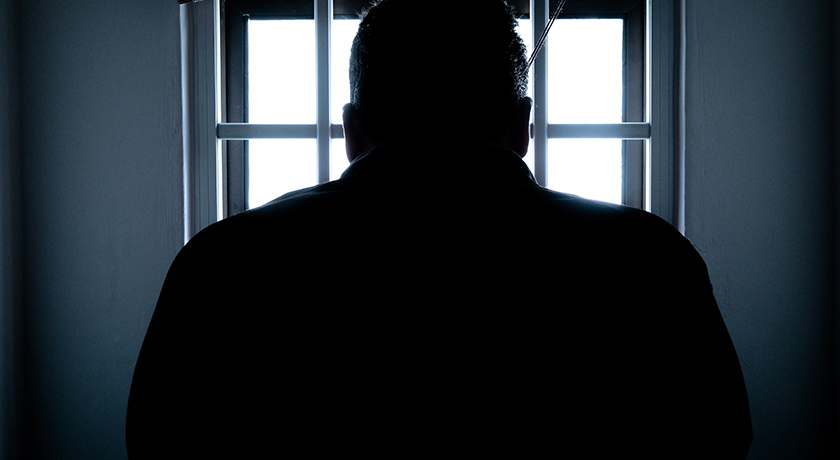023 The Seven Signs of Forgiveness
Few of us get through life without experiencing some deep offence done to us. How do we forgive the offenders? I mean completely forgive them from our heart, wiping the page blank? Should we even try? What are the consequences if we don’t?
For 25 years RT Kendall was minister of London’s historic Westminster Chapel. His book Total Forgiveness is perhaps one of the most significant written on the topic. In this Open House interview (one of the most downloaded interviews during my time as host), RT shares seven ‘proofs’ that we’ve totally forgiven someone.
Click To Listen
The 7 Signs of Forgiveness
In this interview RT Kendall and I explore what forgiveness is, why it’s so hard, the consequences of not forgiving, and the personal experience that prompted the book. Then RT gives seven ‘proofs’ that you’ve totally forgiven someone. Here they are with some quotes from Open House Volume 2 where you can find the full interview transcript:
1. You tell nobody what they did to you
‘This is the hardest thing of all, because the first reaction we have when we’re hurt is to go tell somebody what they did. Now why do we do that? We may say it’s for therapeutic reasons, and there’s a sense in which it is that. I say to people that you need to tell the offence to one other person for therapeutic reasons—somebody who won’t tell. But the main reason we tend to tell people is we want to hurt those who’ve hurt us.’
[RT gives two important exceptions to this rule in the interview]
2. You will not let them be afraid of you
‘You see, a weapon that we use is to intimidate the person who’s wronged us and keep them in bondage. We do everything we can to make them afraid. We walk into a room and they’re sitting there, they freeze and we think good, good, I love it. But when you have set them free and you refuse to let them be afraid of you, you do nothing to allow that. This is where a marriage breaks down. Husband or wife uses as fear as a weapon to control the other with. You’ve got to let that go.’
3. You don’t even let them feel guilty
‘Now this is a hard one. You may say, “I forgive you for what you’ve done, but I hope you feel guilty about it.” Well, you’re still wanting them to suffer. There’s a verse in the Bible, 1 John 4:18, that says, “Perfect love casts out fear, because fear has to do with punishment.” Well, we want to punish them and we want them to feel guilty for what they’ve done because we cannot bear the thought that they don’t feel guilty. And chances are they don’t feel guilty. As a matter of fact, most of the people you’ll ever have to forgive won’t even think they’ve done anything wrong, so the one who’s really hurt in all this is the one who doesn’t do the forgiving.’
[Don’t miss RT’s additional insights on forgiveness and reconciliation]
4. You let them save face
‘You protect their self-esteem. You protect their fragile ego. You cover for them. Instead of saying “Gotcha!” you just look the other way. In the case of Joseph, in the Bible, who forgave his brothers, you know what he said to them? He said, “It wasn’t you who sent me here, it was God.” God did it. And they can’t believe their luck that the very person they were going to kill and then sold to the Israelites as a slave is now saying to them, “Look, God was behind it all.” It was Joseph’s way of letting them save face.’
5. You protect them from their darkest secret
‘You may know something about another person that, if it were told, would destroy them. If this should be the case of an enemy you may say, “I’ve got the goods on this person. Any day now I can destroy them.” Total forgiveness is when you are sure that nobody will ever know. That is the way Jesus is with us. He let’s us save face. He doesn’t want to bring out the skeleton in the cupboard. He’s so gentle with us and protects us from our darkest secret. You know Sheridan, we’ve all got skeletons in the cupboard and God forgives us and we have to do exactly the same thing with those who’ve hurt us.’
6. You pray for them
‘You have to come to the place where you literally ask God to bless them, knowing full well that God has blessed you and God has given you something you don’t deserve, and that’s forgiveness. When you bless that person you give that enemy, that scoundrel, that rogue, a gift he doesn’t deserve. You’re asking God to do for them what God has done for you. He’s let you off the hook. He’s forgiven you of your sins by Jesus’ death on the cross. Now you let them off the hook by asking God to bless them.’
7. It’s a life sentence
‘I’ll tell you what happened in my case. I forgave those people in my heart. I felt so good. I was free. And then six weeks later I though, “Wait a minute, they’re getting away with this! Nobody will ever know what they did!” and I got all upset in my heart. I had to forgive them again and then I got free again. I went back and forth—forgive or not forgive, have peace or be angry. I came to the conclusion that peace was better. And now I don’t even think about it any more. It’s done.’
Main picture: Alexa Mazzarello (creative commons)






Kathleen Fisher
An amazing interview. So amazing that I’ve had the courage to share it with two non-Christian friends. RT Kendall makes a couple of amazing points that resonate in the secular world: first, our physical health suffers when we don’t forgive (in the way of serious diseases) and, second, it’s fine to forgive, but not reconcile … you don’t have to be best buddies with people who have hurt you. In fact, it’s okay never to see them again, as long as you’ve let go of the issue. Thanks!
Sheridan Voysey
That issue of reconciliation is so key. Forgiveness does not justify bad behaviour continuing. Reconciliation is a further step from forgiveness. Of course we hope reconciliation happens too, but it requires both parties to come to the table.
Thanks Kathleen.